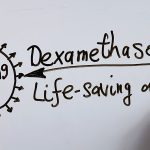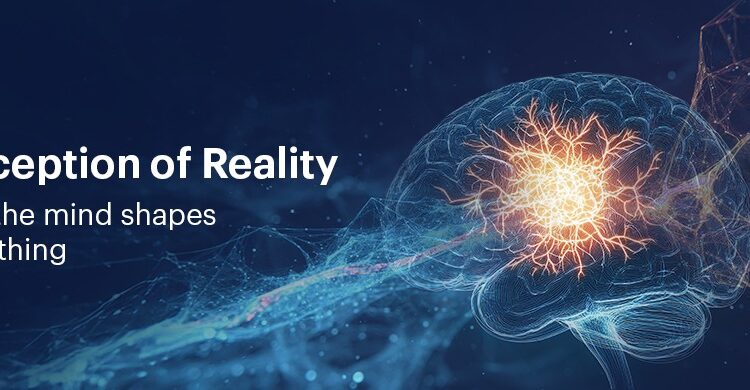It is not new to a human being to feel something from the constructive arrangement of sound we consider to be music. There is a catharsis to be dealt with and a looming sense of comfort that comes with playing one’s favorite tracks and enjoying one’s favorite songs right out of a streaming platform or even from a live act. May it be taken for granted, it is impossible to overlook the impact, and connection music brings to its audience. By why is it so? The therapy aspect of it all is not just something thought of; it is real. Often, it can unconsciously “heal” a person of certain psychological distresses or trauma. But how does it really work?
The Science Behind The Sound & Healing Power of Music
The healing process stems and starts from music therapy. It works in such a way that a certified music therapist would help a patient feel something like an emotional response towards the sound you hear. These proficient musicians make use of several practices to help a patient heal through relaxation and stimulation via the following:
- Meditation
- Learning and playing an instrument
- Listening to applicable music
- Dancing or moving to applicable music
- Singing with the applicable music
These activities intertwine with the therapy by having the patient participate in making the music or simply just internalizing the sound that can be heard in the given session. In several studies by psychologist Daniel J. Levitin, Ph.D., it was found that it is very much capable of reducing pain and stress from a patient. As he was working with colleague Mona Lisa Chanda, Ph.D., they found out through neuroscience that music was very much capable of improving immune system function along with helping a patient relax. They both have also seen that it works better than prescription drugs in relieving a patient of anxiety prior to a surgical procedure. In terms of the immune system, Levitin had expounded in his book “This Is Your Brain on Music” how music increases the production of the antibody immunoglobulin A along with other natural killer cells; while it suppresses the production of cortisol, which is a known stress hormone.
Types of Music Healing Therapies
There are actually several types of music therapy that one can get involved with, some of which are the following:
Neurologic Music Therapy
Neurologic music therapy is usually done by an accredited music therapist who makes use of listening, moving with, singing with, or making music to work as management of pain, physical rehabilitation, or to help heal brain injuries.
Guided Meditation
Guided meditation makes use of sound as a source of healing by having the patient repeatedly chant or speak phrases and also by following a voice that may come from an instructor or through a recorded medium.
Nordoff-Robbins
Nordoff-Robbins can only be performed by musicians who are proficient enough to finish a 2-year course for the said treatment. It maximizes on the music the patient is used to or is comfortable with to have the patient make music or have a performance.
Brainwave Entrainment
Brainwave entrainment makes use of binaural beats to have the brain waves align with the frequencies the patient is exposed to. It helps a lot with reducing stress, getting better sleep, increased focus, and having the patient enter a state of entrancement.
Bonny Method
The Bonny Method of Guided Imagery and Music was named after Helen L. Bonny, Ph.D. who made use of images and classical music to help the patient figure out personal transformation, consciousness, and growth. Overall, it’s supposed to help patients that need help mentally or medically by improving their physiological and psychological health.
Tuning Fork Therapy
Tuning fork therapy works similarly to the ancient Chinese method of acupuncture, having several calibrated metal tuning forks be used to deliver different frequencies and vibrations all throughout the patient’s body. It is known to help with emotional balance along with releasing energy and tension.
The Effect of the Cause
So does it actually work? Well, yes, and it’s all scientifically proven. In fact, here are some known cases that music can fix and heal.
Pain and Anxiety Reduction
In research led by Dr. Catharine Meads, they found that it helped a lot of people be relieved from anxiety and pain prior to surgery. It is also said to work better than prescription drugs. Along with this, it was also found that music triggers opioid release in the brain, which is the body’s internal pain reliever.
Memory
Songs tend to have a certain recall ability, and this was actually researched by having several participants be enrolled to learn an unfamiliar language with half of them speaking phrases and half of them singing phrases. Turns out, the ones who sang remembered much better than the ones who did not. This also shows how music may have the ability to treat Alzheimer’s disease and early-stage dementia.
Speech Restoration
With the left-brain controlling most of a human’s speech capabilities, the right-bain, on the other hand, controls one’s singing ability. If the left side is damaged by traumatic brain injury or a stroke, the right side is capable of finding a way to make speech still work by singing your thoughts out then omitting the melody in the process.
To Conclude
In conclusion, it is indeed possible to have the art of arranging sound that we call music to be a vessel for one’s healing. There are already several studies that link to different types of therapy involving music, and each of them is tailor-fit to any specific need. Along with this, the bounds of aid and healing power of music can give, is quite a list, and it includes the likes of reduction of anxiety and pain, restoration of speech, and improvement of one’s memory.







